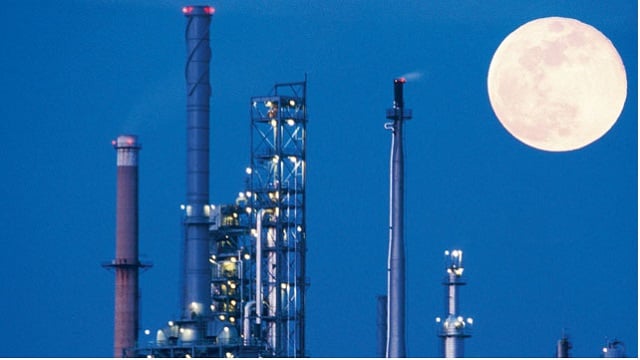Chlor-alkali production
Energy efficiency, strict emissions regulations and secure waste handling are challenges faced by the chlor-alkali industry. Manufacturers need reliable, energy-efficient and sustainable processes to produce chlorine, hydrogen and caustic soda. To meet these needs, Alfa Laval has a broad range of high-performance heat transfer components and complete engineered solutions that cut costs and raise yields.
Reliable, energy-efficient and sustainable
- Broad range to fit easily into heat transfer positions along all electrolysis proces
- Significantly lower installation height
- Compact design and highly efficient systems
- Vast chlor-alkali process experienced experts team
- Low operating temperatures, reduces corrosion rates
Chlorine is co-produced with caustic soda by the electrolysis of sodium chloride in the chlor-alkali process. Chlorine is used for Vinyls/PVC production, organic chemicals production, chlorinated intermediates production, to sterilize water and sewage, to bleach pulp and textiles, in inorganics and , inorganic chemicals production, alumina manufacture, textile treatments, soap and detergent production, neutralization and other applications. Every year 10-20 new plants are built in the world.
Producing chlorine, hydrogen and caustic soda involves electricity-intensive processes, which account for about half of the total manufacturing costs. Chlor-alkali producers and EPC companies can rely on Alfa Laval’s well-proven components and ability to supply energy-saving heat transfer equipment and caustic evaporation systems.
Our broad range of high-performance gasketed, semi-welded and welded heat exchangers fit easily into heat transfer positions along all electrolysis process lines. For duties such as brine pre- treatment, wet chlorine gas cooling, hydrogen gas cooling and electrolyte heating and cooling, Alfa Laval has vast chlor-alkali process experience in supplying equipment to chlor-alkali producers the world over.

